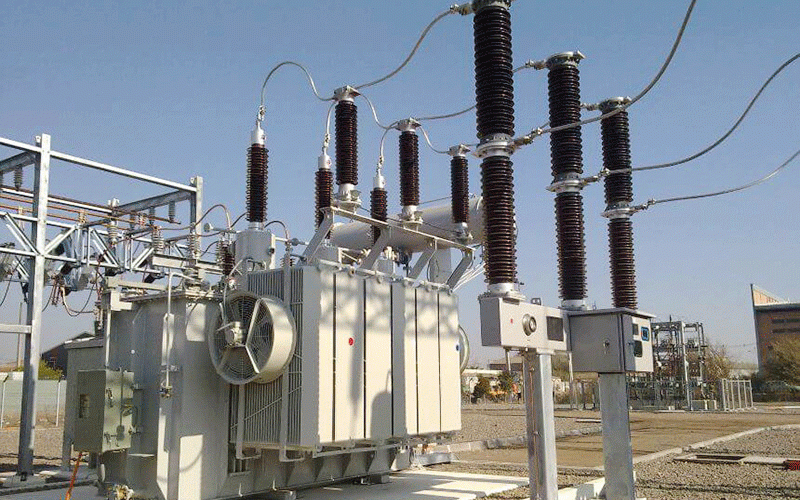
THE Zimbabwe Energy Regulatory Authority (Zera) has bemoaned the low success rate of independent power producers (IPPs) in the country, saying their contribution to the national grid is less than 2%.
The country has more than 100 IPPs with a cumulative capacity of 8 000 megawatts (MW) potential capacity installation.
Speaking at an Independent Power Producers Financing Indaba held in Harare last week, Zera board chairman David Madzikanda said other innovative ideas and research need to be considered to make the contribution of IPPs more meaningful and to meet the government target of 40% on renewable energy.
“The country has huge solar photovoltaic irradiation potential of 109 gigawatts (GW) and concentrated solar power estimated potential of 39,5GW, which far exceeds the country’s needs,” Madzikanda said.
“On paper, Zera has more than 100 IPPs with a cumulative capacity of more than 8 000 MW potential capacity installation, but IPPs are currently contributing less than 2 % into the grid.
“This is more than three times the current peak demand of the country and we could be a net exporter of power within the Sadc (Southern African Development Community) region if these projects had been commissioned.”
He added: “Huge opportunities lie in the implementation of IPPs at the power generation stage in view of the huge capacity deficit as well as the anticipated demand for electricity in the country.
“Even with a delayed policy scenario, the power demand is expected to double over the next 10 years to 4 176MW in 2033 and therefore there is huge demand for power in the country.”
- Power crisis: It can’t be business as usual
- Power crisis: It can’t be business as usual
- Zim’s power crisis rooted in poor planning and wrong priorities
- Zera slashes fuel dealership licence renewal fees
Keep Reading
Madzikanda said the power sector experienced an influx of more than 100 IPPs attempting to compete in the traditionally slow-moving and highly-vertically-integrated energy utility market.
These new entrants, according to him, sought to bridge the gap between business-as-usual in the energy sector and a fully-renewables-based energy sector, developing new value propositions as an alternative to the inefficient and loss making of the traditional energy utility approach.
He said these projects have failed due to lack of financing, shortage of foreign currency, government guarantees, capacity of Zimbabwe Electricity Transmission and Distribution Company and the currency of transactions.
“We must overcome these challenges one way or the other, and therefore, it cannot be ‘business as usual’ and that’s why as Zera, we are much more proactive and taking these initiatives, including taking a glide path to cost reflective tariffs,” he said.
Madzikanda said the regulator was willing to change the approval processes for power purchases agreements for as long as the interests of customers are protected and government policies, particularly, the renewable energy component are considered.
“As Zera, we would like to understand what the market requires to get funding into the power sector,” he said.
“We are amenable to changes in our approval processes for power purchase agreements for as long as the interests of customers are protected and government policies, particularly, the renewable energy components are considered.
“Together, with the support of the government’s implementation agreement and several initiatives that we have taken, we would like to create an enabling environment for investment of power projects.”
Zimbabwe has been facing power shortages with several urban areas going for many hours without electricity despite the country’s power utility announcing that the days of power cuts are over after the commissioning of two new units at the Hwange Power Station.







